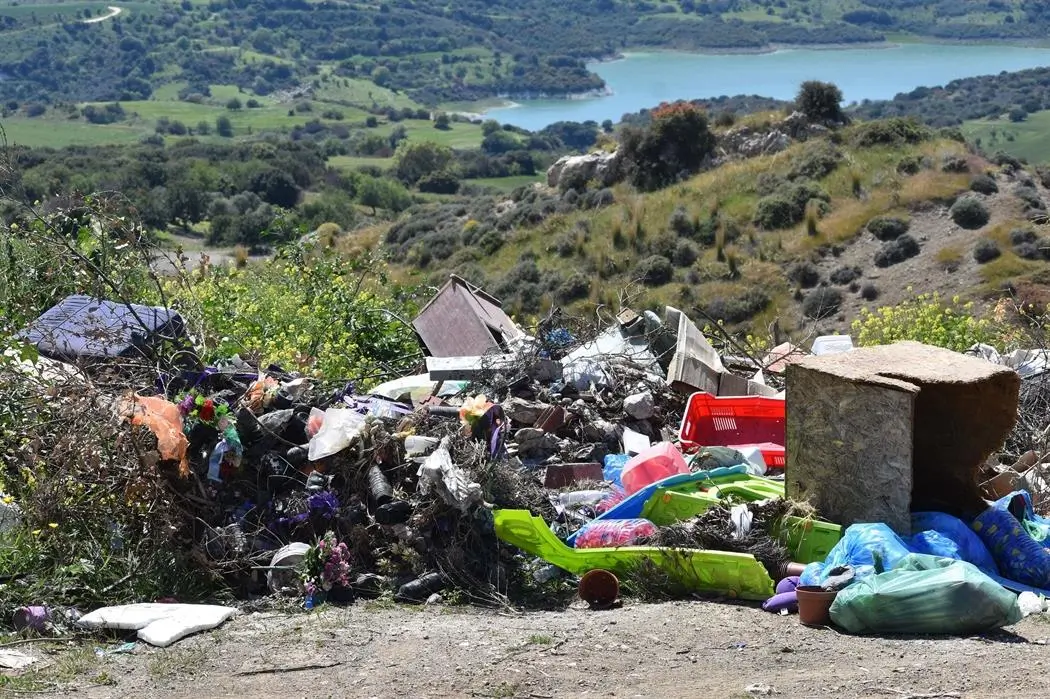It’s getting hard to keep track of the litany of “environmental crimes” taking place in Cyprus many of which were laid out by the Sunday Mail at the weekend. At the same time, two more projects emerged in other media that could have huge environmental impacts should they be given the green light.
One concerns the construction of a new port in the environmentally-sensitive area of Pentakomo, which despite opposition from the local community and environmental organisations is going ahead as planned.
According to Politis, although ecologists previously managed to secure a court order to suspend the works, this was lifted following a more recent decision by the administrative court and “manoeuvres by the legal service” to include fish farmers as an interested party.
“Since then, the works have continued and have begun to reveal the true size of the port as well as the true size of the intervention in an extremely environmentally sensitive area,” it added.
The second project rearing its head for probably the sixth time over the past 20 years, is the creation of a new road ostensibly to provide a second access point to Paphos airport but in essence is a move to improve access to the nearby Andreas Papandreou airbase at the behest of the US.
Refused five times in the past on environmental grounds, as the road would impinge on around 35 per cent of a designated Natura site, the defence ministry plans to take it back to cabinet while the US would reportedly ask the EU to waive any fines since the project would be necessary “as part of national security infrastructure”.
The chances of success with this project are high since the EU is increasingly adopting ‘war footing’ principles by dramatically increasing defence spending and boosting defence industrial output. So, this can be added to the ever-growing list of environmental causes being thrown on the trash heap.
A Cyprus audit report published in early August found a “significant reluctance on the part of the state to adopt drastic and immediate measures” to counter environmental violations.
The report highlighted the “significant and ongoing disregard” for environmental laws in Cyprus.
And, despite multiple previous audits and legal warnings, it said state authorities, particularly the agriculture ministry, had allowed harmful practices to continue that “often favour private or political interests”.
And that is always the crux of the matter. Politicians never tire of berating the public for their lack of environmental consciousness or listing the financial sacrifices we must ultimately make “to save the planet”.
It is true there is a general lack of environmental consciousness but it’s clearly not just a bottom-up problem. It’s also top-down, which makes it difficult to take the government seriously when our taxes are going not to clean up the environment but to pay fines to the EU for the constant failures to do so, as vested interests always seem to take precedence.






Click here to change your cookie preferences